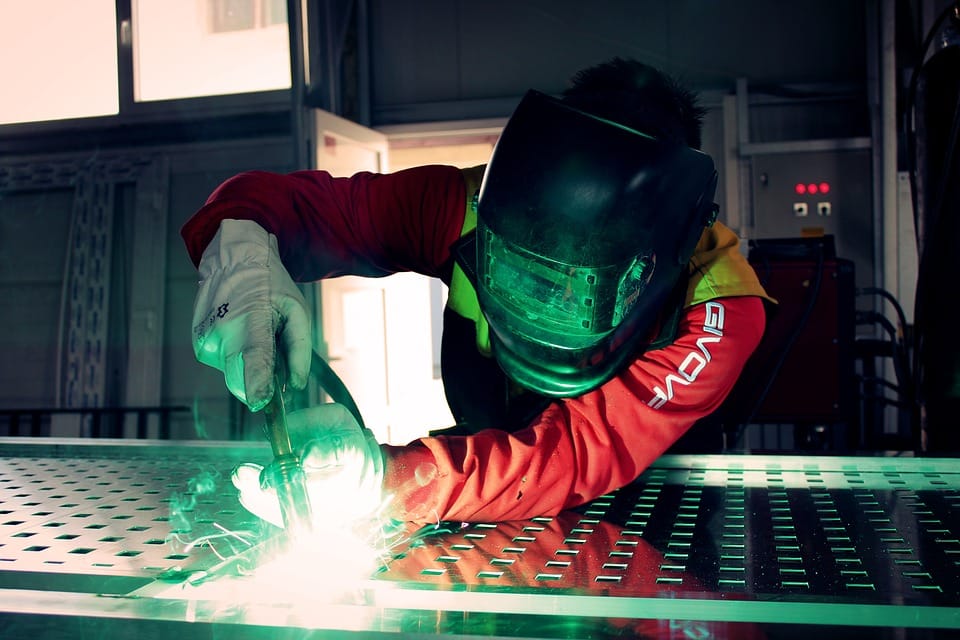Manufacturing
Atmanirbhar Bharat and PLI incentives can empower India as resilient manufacturing hub: ET India Leadership Council
Atmanirbhar Bharat and PLI incentives can transform India into an efficient, equitable and resilient manufacturing hub. It was highlighted at the ET India Leadership Council that Make in India will promote investment, encourage innovation, enhance skill development, protect intellectual property and create best-in-class manufacturing infrastructure in the country.
S Sunil Kumar, President, Henkel, India, said the Make in India campaign by the Government has given manufacturing an impetus and the investments made in infrastructure, healthcare, electronics, amongst others are already bearing fruit. “This will help India being seen as one of the global manufacturing hubs producing world-class products.”
Ramesh Babu, Managing Director, Velan Valves, India, said that though the general perception is that FY21 was a bad year, most of the manufacturing organizations started doing well from Q2 through Q4. “For most of us, it was a nine-month year. With overheads coming down, a majority of organizations fared well on the bottom-line. This is especially true for manufacturing industries.”
Rajen Vagadia, VP and President, Qualcomm India & SAARC states, said the factor aiding this shift is that India has rapidly embraced digitization and emerging technologies, which contribute to leaner operations. “Historically, the cadence of technology innovation has had a deep impact on industrial growth. 5G has applications across enterprises for industrial connectivity, private networks, industrial IoT and automotive, to name a few. 5G IoT solutions are vital for the manufacturing sector, as they will be the enabler of Industry 4.0.”
In regards to PLI schemes, the government through the Union Budget 2021-22, Rs 1.97 lakh crore for the PLI schemes for 13 key sectors was announced to create national manufacturing champions and generate employment opportunities for the country’s youth. This signifies that minimum production in India, as a result of these schemes, is expected to be over USD 500 billion in five years. Both these initiatives also aim to improve India’s rank on the Ease of Doing Business index by eliminating unnecessary laws and regulations, making bureaucratic processes easier, and making the government more transparent, responsive and accountable.
Ashok Ramachandran, CEO and President, Schindler India, said there is also a ubiquitous evolution of nationalist feelings, consumer preference for locally produced products coupled with clear mandate from infrastructure development authorities to source from within India. “Organizations with forward looking strategies, ones who are agile, have been able to leverage this opportunity by accelerating localization of the production base.”
Amit Lahoti, VP and GM, Ball Beverage Packaging, India and SE Asia, believes India has a natural advantage around its farming base and emerging industries around food processing. “Similar other examples like IT Services could provide growth opportunities around electronics and semi-conductor industry. On the cost competitive sector and their use of technology, there is a lot of learning from the more matured services sector and their use of technology, AI and machine.”
Moreover, India already has a massive domestic market. It has the largest pool of workers across diverse skill categories, and its industrial ecosystem in maturing which makes it a viable option for investment and growth. It should be noted that Make in India and PLI have the potential to be transformation multipliers. For it to truly have impact, they need to focus beyond generic assembling of components, and enable the generation of employment and a value-driven penetration of export markets.









































Pingback: Eating processed meats increase the risk of coronary heart disease.